17 GPTs for Journal Articles Powered by AI for Free of 2025
AI GPTs for Journal Articles refer to advanced artificial intelligence tools based on the Generative Pre-trained Transformer (GPT) technology, tailored specifically for the creation, analysis, and management of journal articles. These tools leverage the power of AI to understand, generate, and manipulate text in ways that are particularly relevant to academic and research-oriented writing. By incorporating vast amounts of data from scientific literature, they are designed to assist in drafting, summarizing, referencing, and even peer-reviewing articles, making them indispensable assets in the academic and research fields.
Top 10 GPTs for Journal Articles are: 【学术翻译】Academic Translator,学术型润色纠错机器人ZT,APA references,Grammar,Academic Editor,Science Editor v2,APA Format Modifier,Article APA Checker,Academic Translator,To Academic English Translation
【学术翻译】Academic Translator
Elevate Your Academic Writing with AI

学术型润色纠错机器人ZT
Refine Your Academic Writing with AI Precision

APA references
Streamline Your Citations with AI
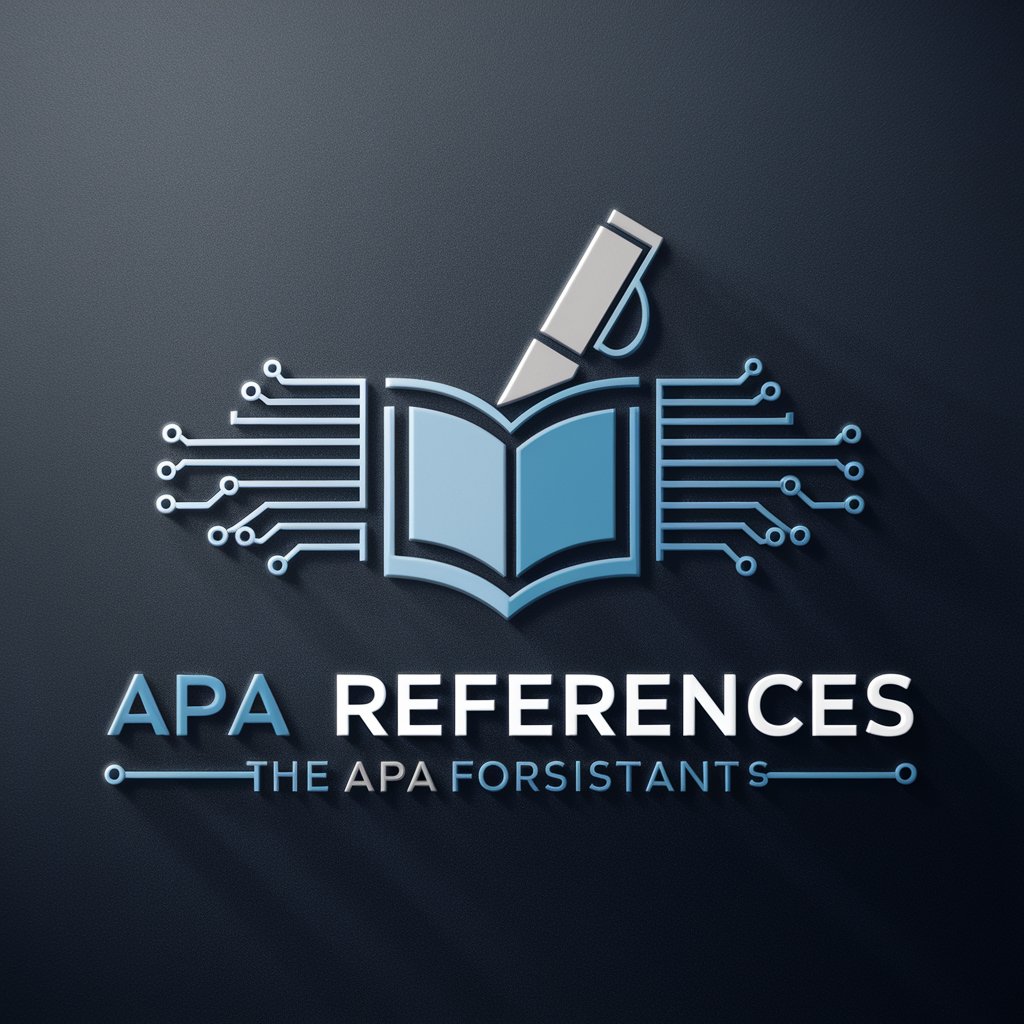
Grammar
Polish Your Medical Writing with AI

Academic Editor
Elevate Your Academic Work with AI
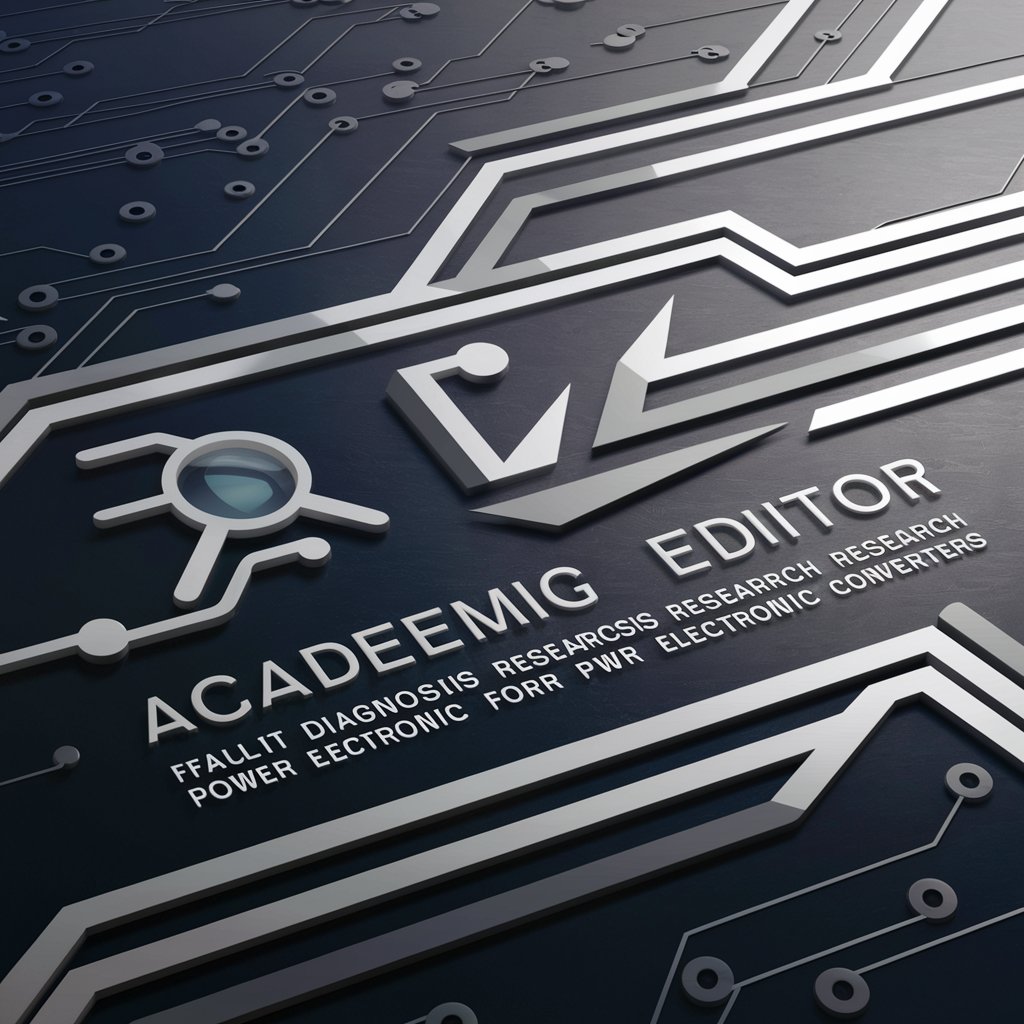
Science Editor v2
Precision Editing with AI

APA Format Modifier
Streamline APA styling with AI precision.
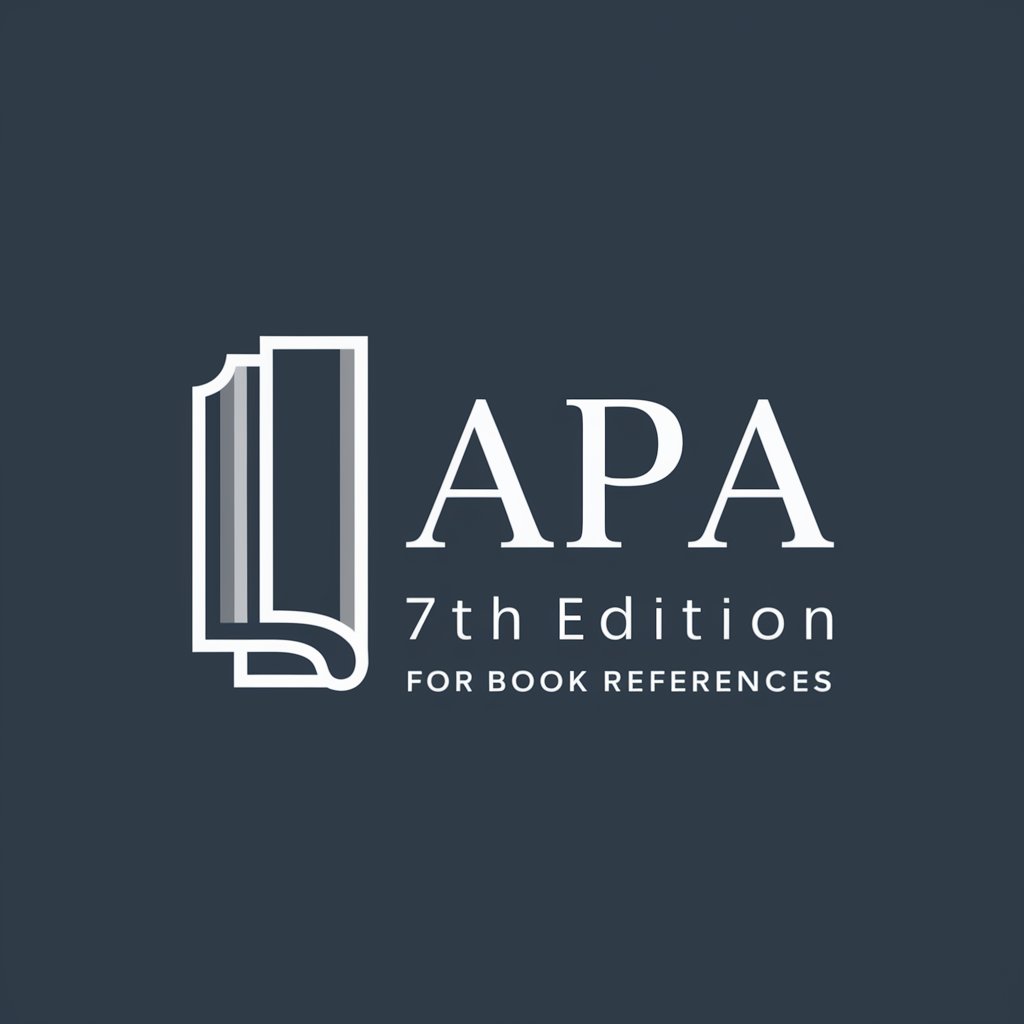
Article APA Checker
Streamlining APA compliance with AI
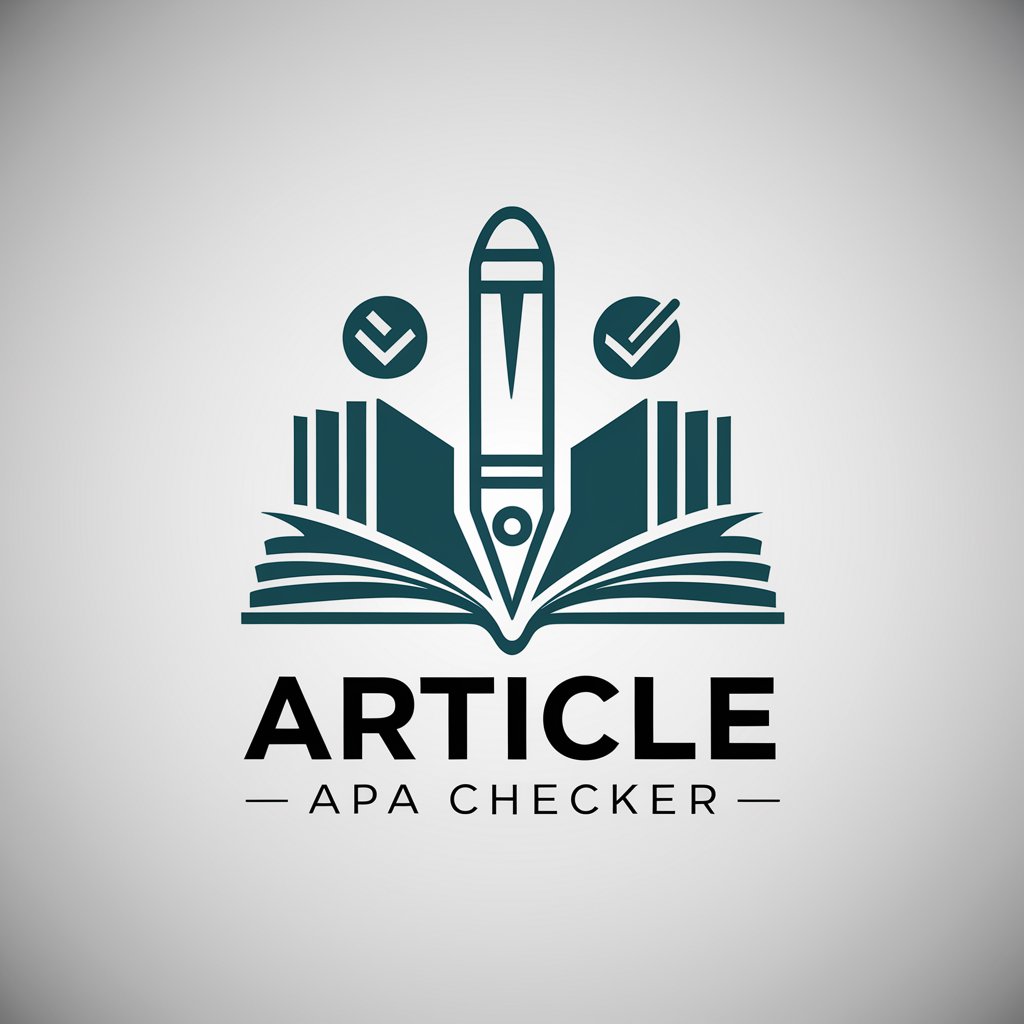
Academic Translator
Translate Academia with AI Precision
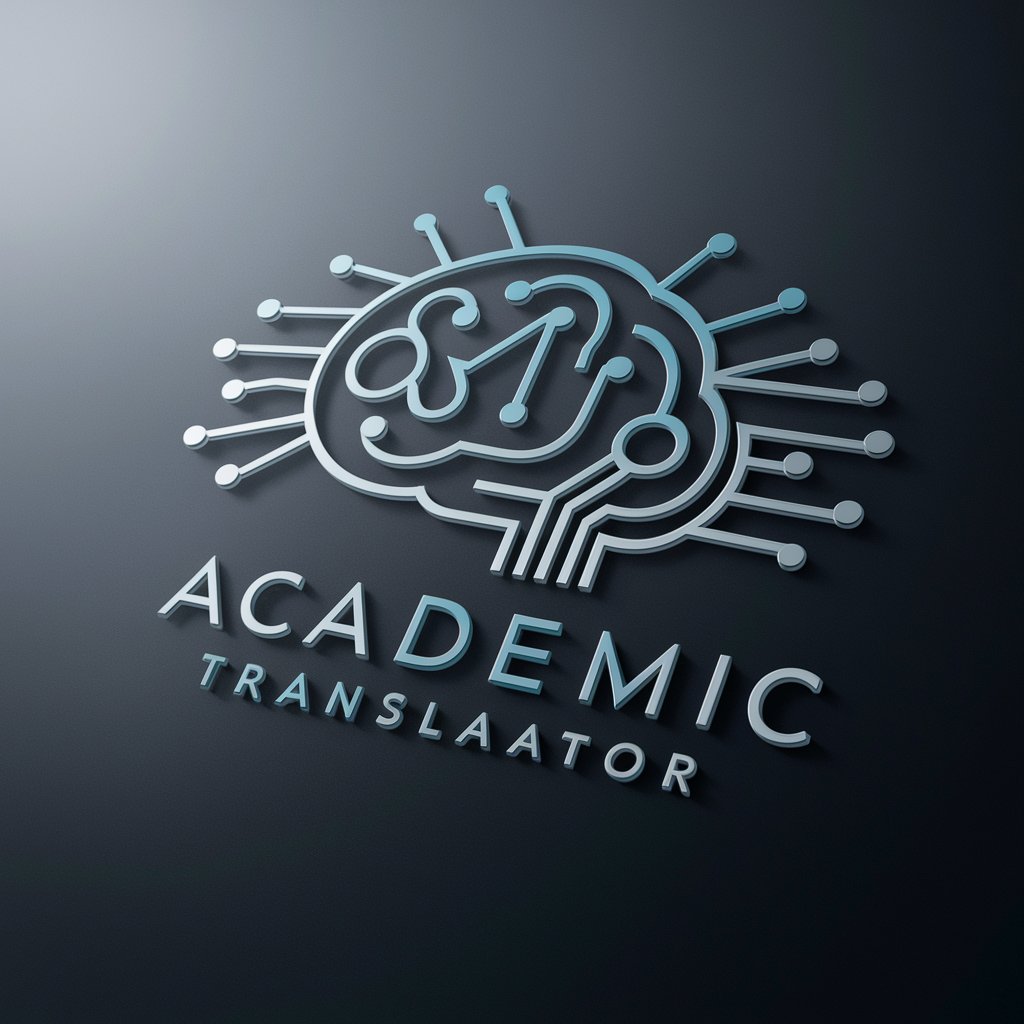
To Academic English Translation
Elevate Your Academic Writing with AI
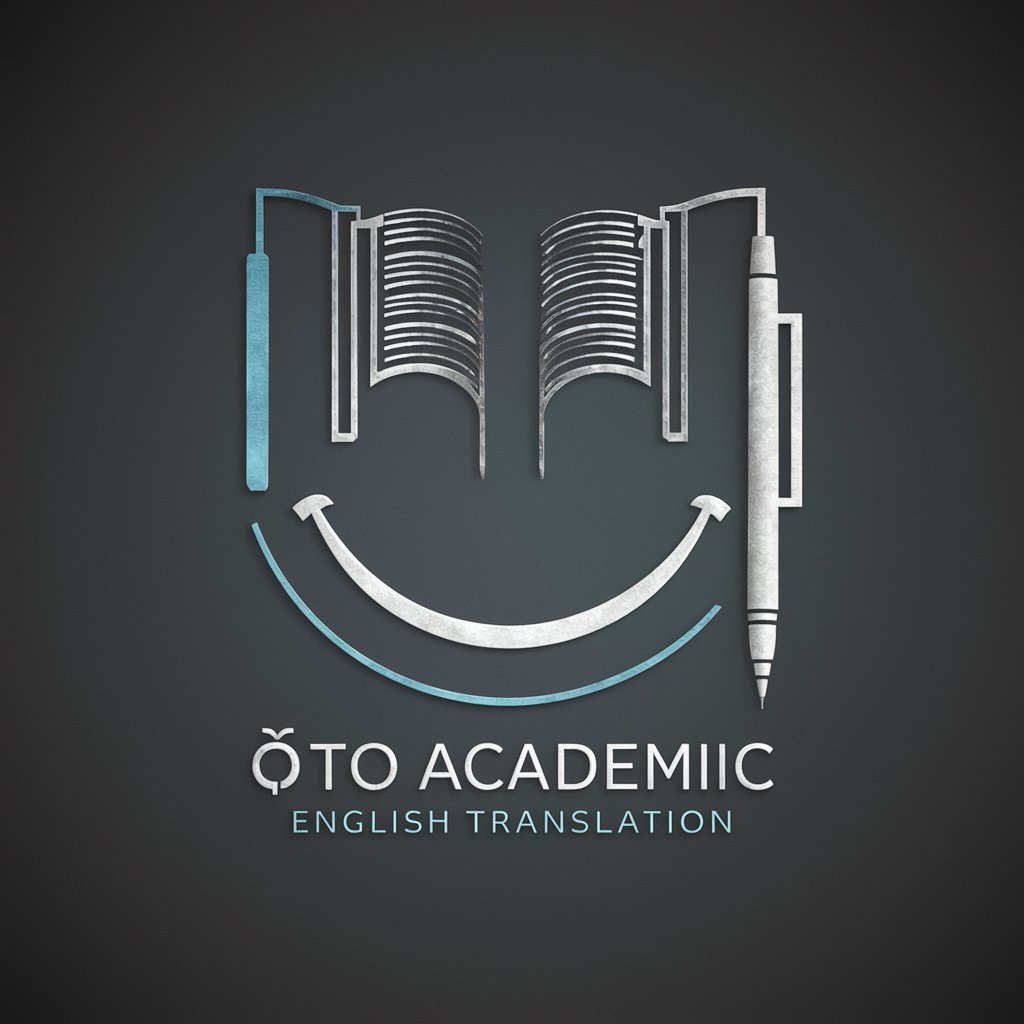
論文検索
Empowering your academic journey with AI.

GB/T 7714-2015 格式化专家
AI-Powered Reference Formatting, Made Simple

Cite-Kick
Streamlining APA Citations with AI
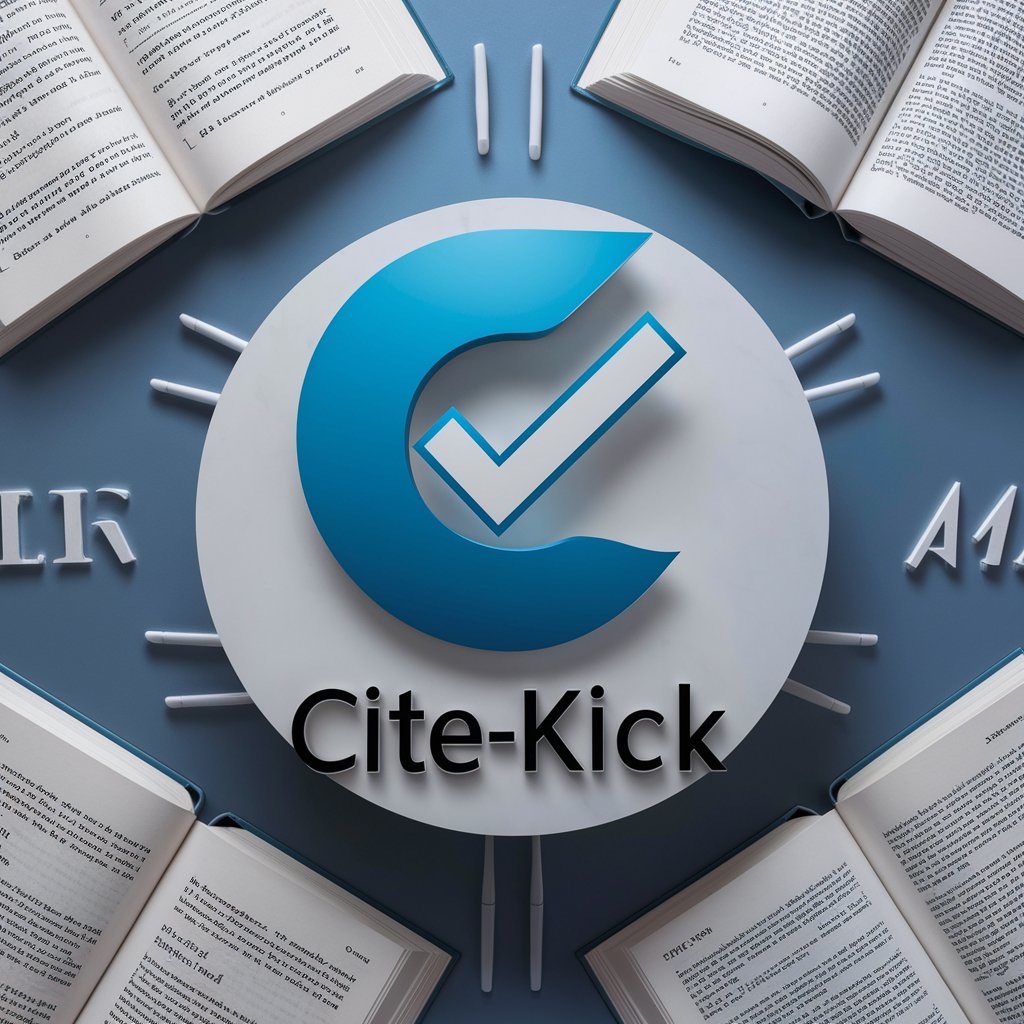
Translate Eng To Kor
AI-powered English to Korean Translation

Academic Editor
Elevate Your Academic Writing with AI

Citation Pro
Streamline Your Research with AI-Powered Citations
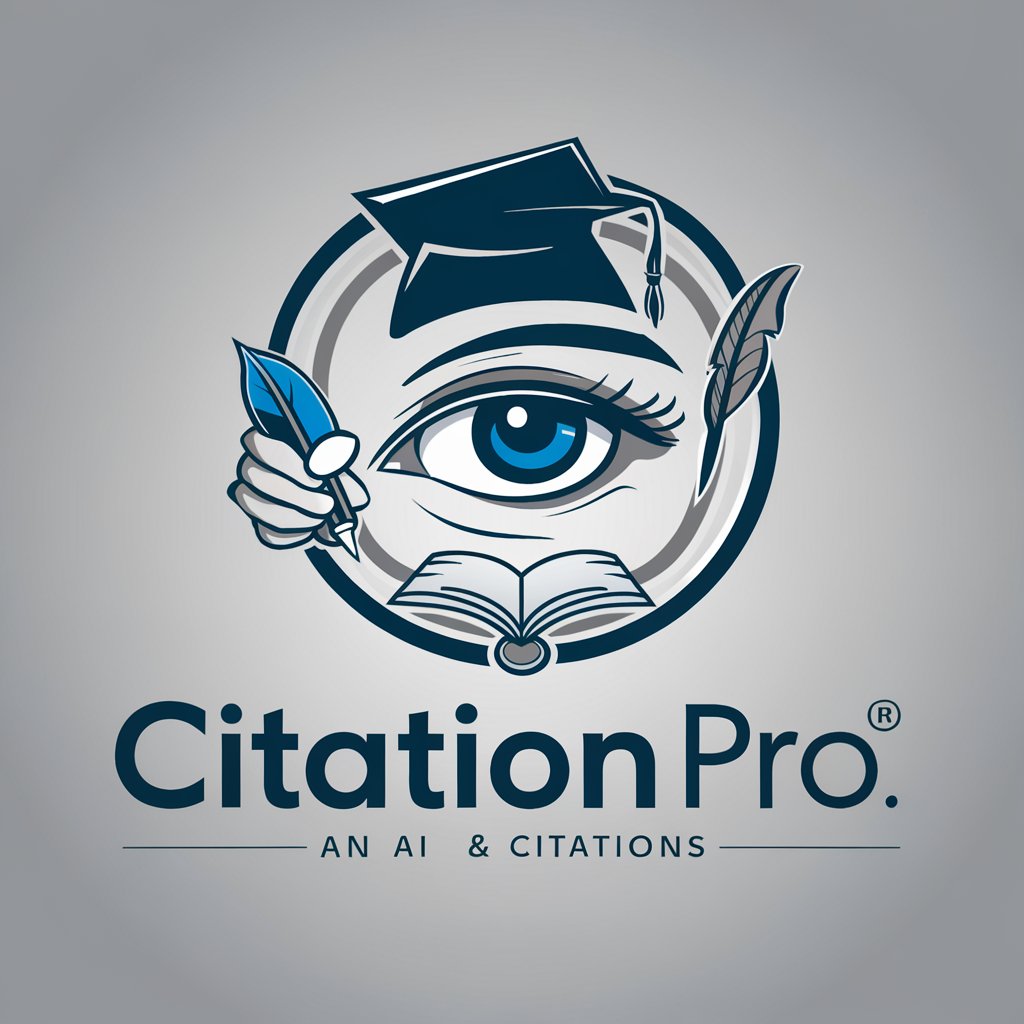
Academic Grammar Checker Pro
Elevate Your Writing with AI-Powered Grammar Checks
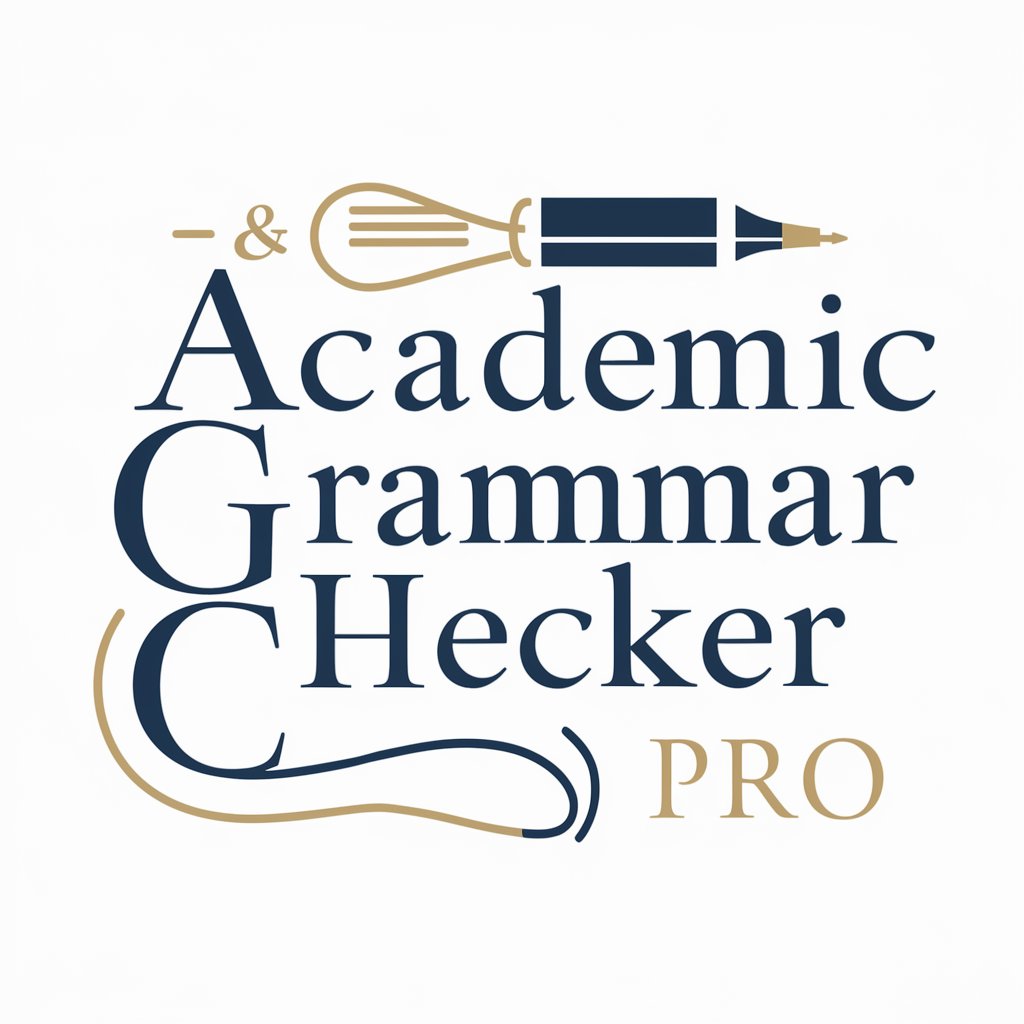
Distinctive Capabilities of AI GPTs in Scholarly Publishing
AI GPTs tools for Journal Articles boast a range of unique features designed to enhance the academic writing and publishing process. These include natural language understanding and generation for drafting coherent and contextually relevant articles, citation and reference management to ensure accuracy and integrity in scholarly work, and summarization capabilities for quick review of literature. Specialized features also encompass plagiarism detection, predictive text for faster writing, and the ability to analyze complex data sets for research insights. Moreover, some tools offer language translation to broaden the accessibility of research across global communities.
Who Benefits from AI GPTs in Academic Writing?
The primary beneficiaries of AI GPTs for Journal Articles include academic researchers, scholarly authors, and students across various disciplines. These tools are also invaluable to journal editors and peer reviewers looking to streamline the publication process. With intuitive interfaces, they are accessible to individuals without advanced technical skills, while offering robust customization options for developers and IT professionals in the academic sector, allowing for a seamless integration into existing research workflows.
Try Our other AI GPTs tools for Free
SEO Auditing
Unlock the potential of your website with AI GPTs for SEO Auditing. Optimize content, improve site performance, and stay ahead of SEO trends with our advanced AI-driven solutions.
Study Analysis
Discover how AI GPTs for Study Analysis revolutionize learning and research with tailored solutions, enhancing comprehension and analytical capabilities across various fields.
Report Disputes
Discover AI GPT tools for Report Disputes: Advanced AI solutions designed to streamline the resolution of report-related conflicts, enhancing accuracy and efficiency in report management.
Code Enhancement
Discover how AI GPTs for Code Enhancement can revolutionize your coding workflow. With real-time suggestions, error correction, and support for multiple languages, these tools are designed to boost productivity and code quality for developers at all levels.
TypeScript Learning
Discover the future of TypeScript learning with AI GPTs, your personalized path to mastering coding with real-time assistance, tailored exercises, and in-depth insights.
Coding Productivity
Discover how AI GPTs revolutionize coding productivity: Tailored solutions for coders of all levels, enhancing efficiency, creativity, and innovation in software development.
Expanding Horizons with AI GPTs in Research
AI GPTs for Journal Articles are at the forefront of revolutionizing academic research and publishing. Their ability to process and generate language models tailored for the academic community enables a more efficient, accurate, and innovative approach to scholarly writing. Beyond functionality, these tools are designed to integrate seamlessly with existing academic workflows, offering a blend of user-friendly interfaces and advanced features that cater to both novices and experts in the field.
Frequently Asked Questions
What exactly are AI GPTs for Journal Articles?
AI GPTs for Journal Articles are specialized AI tools that leverage GPT technology to assist with various aspects of academic and research writing, including drafting, editing, and summarizing scholarly articles.
How can AI GPTs enhance the journal article writing process?
These tools enhance the writing process by providing capabilities such as automated drafting, citation management, plagiarism detection, and summarization of existing research, thereby saving time and improving the quality of academic writing.
Are these tools accessible to individuals without programming skills?
Yes, AI GPTs for Journal Articles are designed with user-friendly interfaces that require no programming skills, making them accessible to a broad audience, including students and professionals in the academic field.
Can AI GPTs for Journal Articles be customized?
Absolutely. While they are user-friendly for novices, they also provide APIs and customization options for developers and IT professionals, allowing for tailored solutions that fit specific research needs.
What makes these AI tools different from standard writing aids?
Unlike standard writing aids, AI GPTs for Journal Articles are specifically designed with the complexities of academic writing in mind, including features for citation management, data analysis, and adherence to academic integrity guidelines.
Can these tools help with peer review processes?
Yes, some AI GPTs offer features that assist in the peer review process, such as evaluating the relevance, originality, and credibility of research, thereby facilitating a more efficient and rigorous review.
Is there support for multiple languages?
Many AI GPTs for Journal Articles support multiple languages, making it easier to write, translate, and publish research in different languages and increase its accessibility on a global scale.
How do AI GPTs for Journal Articles handle data privacy and security?
Data privacy and security are paramount, with many tools implementing strict data protection measures and compliance with academic integrity and copyright laws to ensure that research and personal information remain secure.